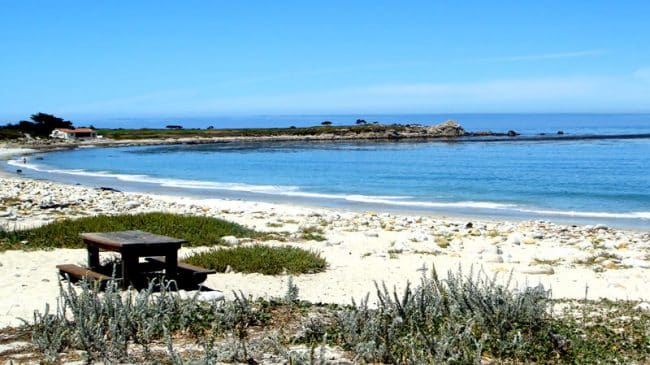Many cities and counties in California have passed ordinances banning the distribution of high density polyethylene (HDPE) plastic grocery bags and mandating fees for paper bags. State Senator Alex Padilla recently introduced a bill (SB 270) that would impose similar requirements statewide.
The premise of these laws is to benefit the environment and reduce municipal costs. In practice, the opposite is more likely to be the case.
While the impact of such legislation depends on the way consumers respond, the available evidence suggests that it will do nothing to protect the environment; quite the opposite, it will waste resources and cost Californian consumers billions of dollars. Specifically, such legislation will:
- Have practically no impact on the amount of litter generated (moreover, while banning plastic bags at small retailers might reduce plastic bag litter by 0.5%, banning the distribution of HDPE plastic bags by large retailers is unlikely to have any impact even on the amount of HDPE plastic bag litter produced.)
- Have no discernible impact on the amount of plastic in the ocean or on the number of marine animals harmed by debris;
- Increase the use of oil and other non-renewable energy resources, including coal and natural gas;
- Result in five-fold or greater increase in the shopping bag-related use of water;
- Make little or no difference to the costs of municipal waste management; and
- Impose enormous costs on California’s consumers, likely over $1 billion in both direct and indirect costs (such as time spent washing reusable bags).
Attachments

